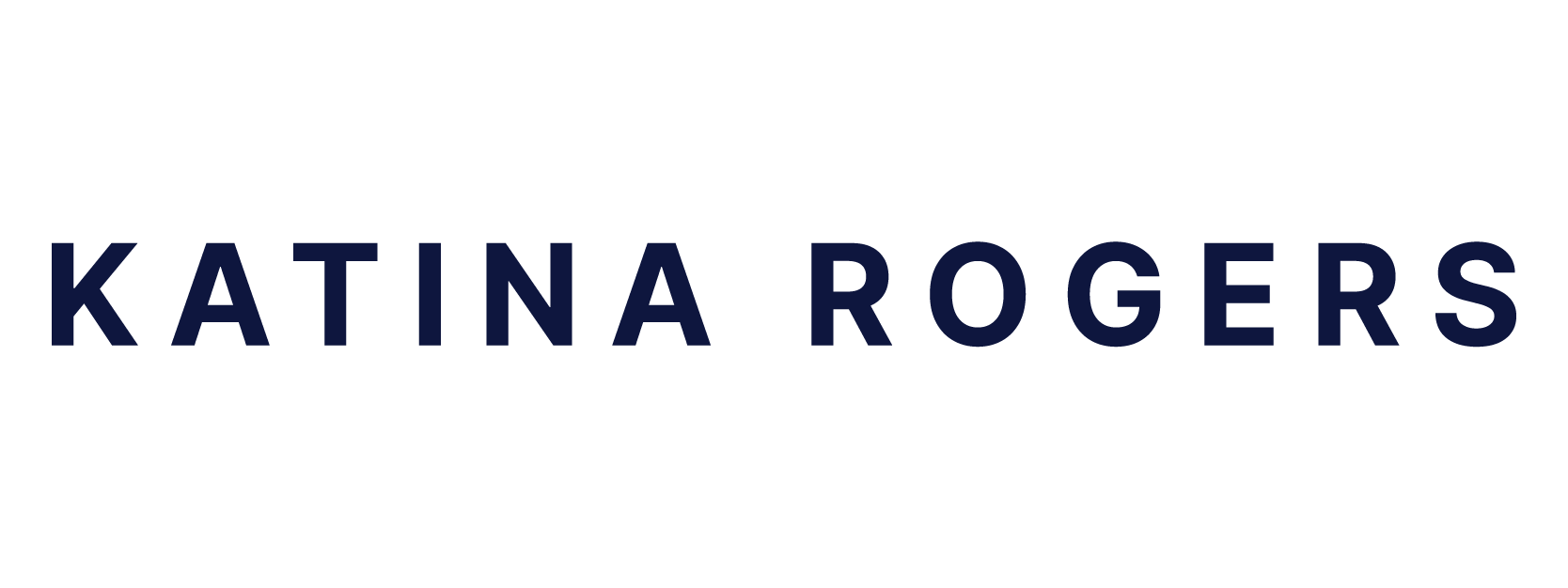At this year’s MLA convention, I had the privilege of participating in a number of sessions related to graduate education reform and career paths for humanities scholars. Now that the flurry of convention activity has passed, I’d like to expand on the brief remarks that I made at one such panel, “Who Benefits? Competing Agendas and Ethics in Graduate Education” (#s471).
While graduate program enrollment rates were not the primary focus of the panel, the subsequent conversation about the session has largely circled around the question of whether graduate programs should shrink in order to improve the career prospects of PhDs. As I noted in my remarks, I agree that admitting fewer PhD students to existing programs may improve the support and funding provided to graduate students. However, it isn’t clear that reducing program size will by itself significantly improve tenure-track placement rates. I came to hold these views while working for the the Scholarly Communication Institute, where I conducted a broad-based survey of humanities scholars who self-identified as working in “alternative academic” careers.
As I mentioned in the session, graduate programs have a responsibility to be much more transparent about career outcomes prior to admitting new students and throughout their students’ course of study. Too many students are still completely blindsided by the realities of the academic job market—which remains the primary goal for many as they enter their graduate studies. On this blog and elsewhere 1 I have advocated reimagining graduate programs so that students have a clearer understanding of likely employment outcomes and are better prepared for the full range of career possibilities that they might pursue. In fact, these kinds of innovative programs were the central focus of another panel that I organized for the 2014 convention, “Praxis Network: Rethinking Humanities Education, Together and in Public” (#s599, which Esther Rawson has documented in this Storify).
Among the many reasons I think we must do more than simply reduce program size if we hope to improve the employment prospects for graduates are the following:
- Staffing decisions are not tied to the number of graduating PhDs. The cost-cutting measure of using more and more contingent faculty members can and does operate independently of the number of PhDs on the market. Contingent faculty members frequently hold MAs, so having fewer PhDs available will not significantly change the available labor pool. (According to the 2012 report of the Coalition on the Academic Workforce, 40.2% of contingent faculty members hold the MA as their highest degree, while 30.4% hold the PhD.)
- Other kinds of career paths are satisfying options for many PhD holders, and encouraging humanities scholars to engage more deeply in other sectors—in and around the academy, as well as in not-for-profits, government, and businesses—can be healthy for our society. I also think that more varied employment and engagement can create a positive feedback loop back into the academy, increasing the importance of publicly relevant research, writing, and teaching. Therefore, trying to reach a one-to-one equilibrium between graduates and tenure-track jobs may be not only counterproductive, but also undesirable.
We need graduate education reform, not a preservation of the status quo, as I hope I make clear throughout my work on the topic. But the reform must go beyond simply reducing program size, which on its own may not significantly improve employment prospects or reduce the reliance on contingent labor. Rethinking curricula with an eye toward collaboration and public engagement, tracking and celebrating the varied career outcomes of graduates, advocating for fair working conditions for all faculty members, and exploring ways to better support graduate students both during and after their studies are key elements in moving toward systemic improvements.
1. See for instance the full report and data from the survey I referenced in my talk; another talk I have given on the same subject; and write-ups of my work in The New York Times, Inside Higher Ed, and The Chronicle (1, 2).↩
